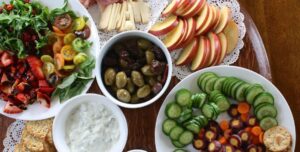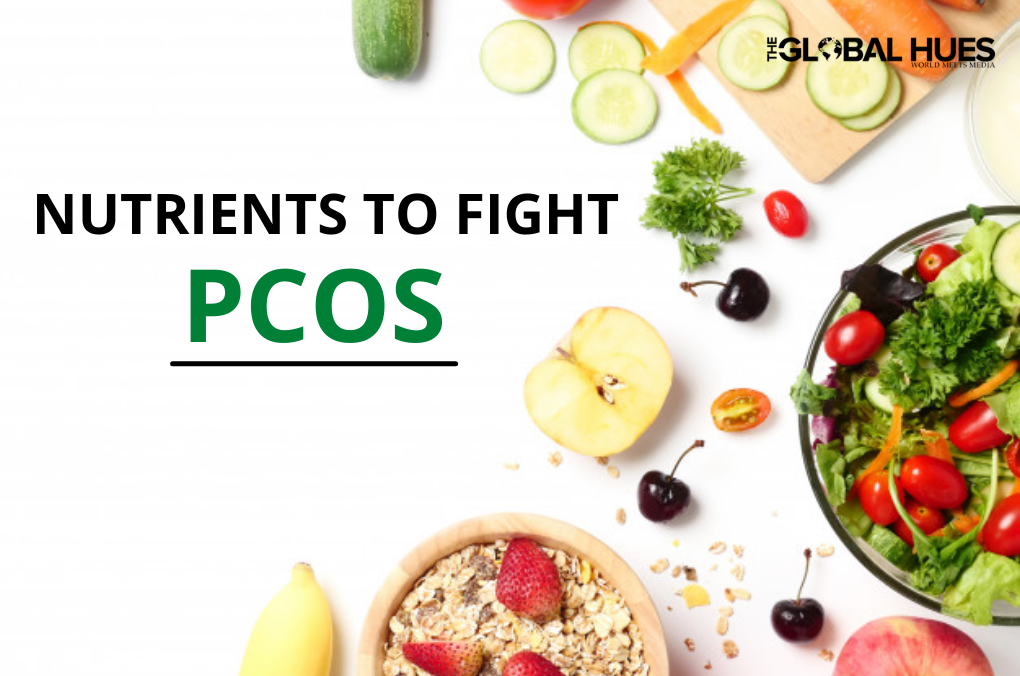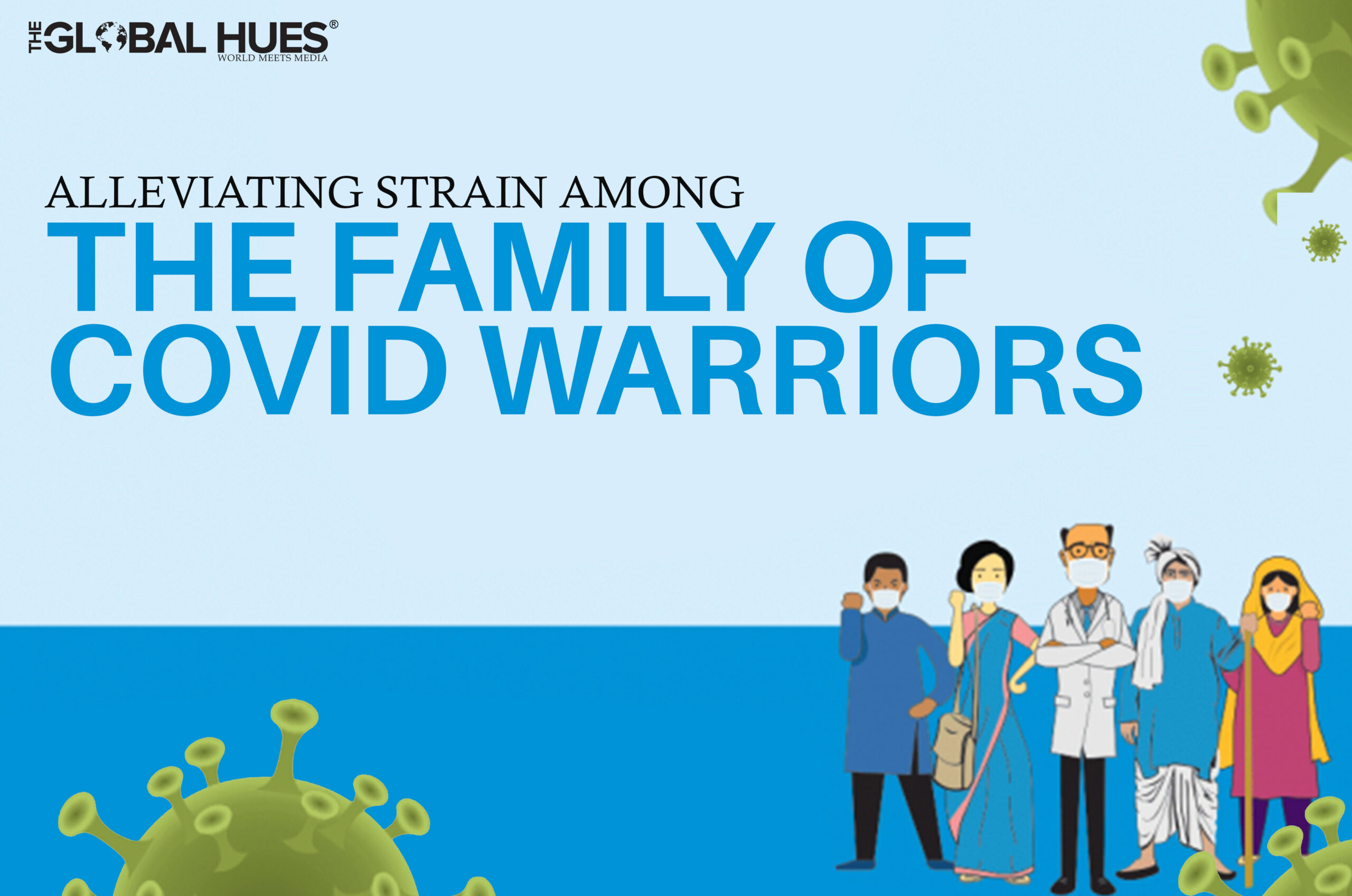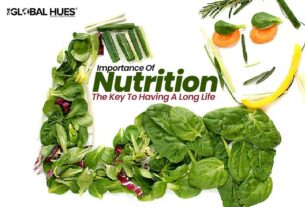Polycystic ovarian syndrome is a common problem in women leading to irregular or no menstruation. PCOS (Polycystic ovarian syndrome) affects a woman’s hormone levels, leading to the production of higher-than-normal amounts of male hormones. Hormone imbalance leads to skipping menstrual cycles making pregnancy harder. Some common symptoms include hair loss, depression, acne. Let’s dive to know the Nutrients to fight PCOS.
Diet affects PCOS in two ways:

1. Weight management
2. Insulin production and resistance.
Diet essentials for PCOS
- Low Glycemic index diet: A body with a low Glycemic index digests foods slowly, letting insulin levels be balanced to a large extent. It includes whole grains, legumes, nuts, seeds, fruits, starchy vegetables, and other low-carbohydrate foods.
- Anti-inflammatory diet: Foods including green vegetables, berries, fatty fish, and extra virgin olive oil helps to reduce inflammation issues leading to fatigue.
- The DASH diet: Fish, poultry, fruits, vegetables, whole grains, and low-fat dairy products, is recommended mostly to reduce the risk of heart disease. It also comes in handy to manage PCOS symptoms. Sugar intake is disregarded.
Foods to avoid
- Refined carbohydrates
- Fried food and fast food.
- Sugary beverages, sodas, and energy drinks.
- Avoid all types of Processed Foods including processed meats, sausages, and luncheon meats.
- Solid fats, including margarine, shortening, and lard.
- The increased amount of red meat.
Tips to follow:

PC: Medical News Today
- Drink water frequently. Flavor it up with refreshing citrus, cucumber, mint, or berries.
- Increase the amount of fiber in the diet.
- Say no to artificial food chemicals.
- Avoid alcohol and smoking.
- A balanced diet should be a priority. Make conscious healthy diet choices.
Also Read:




